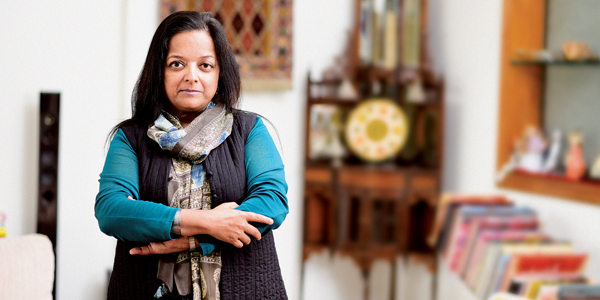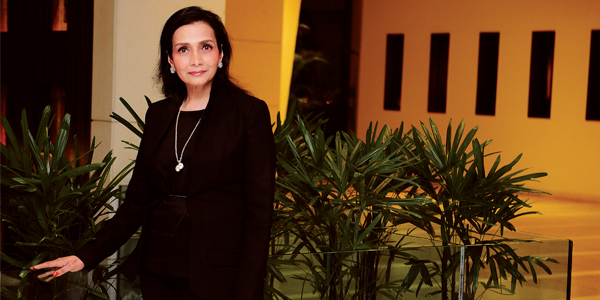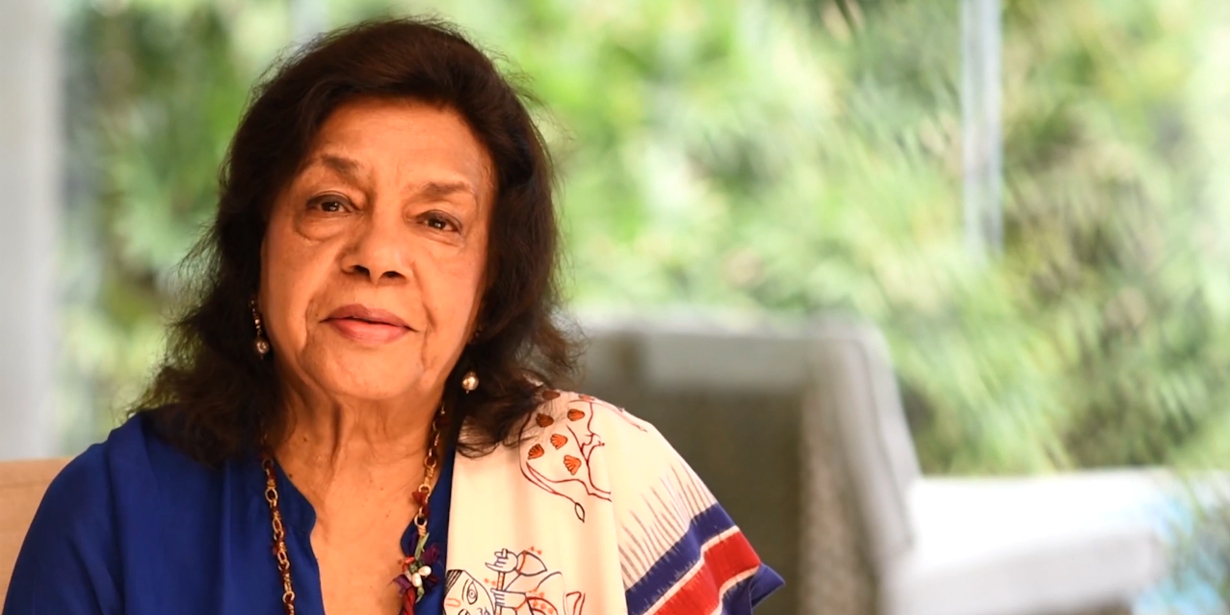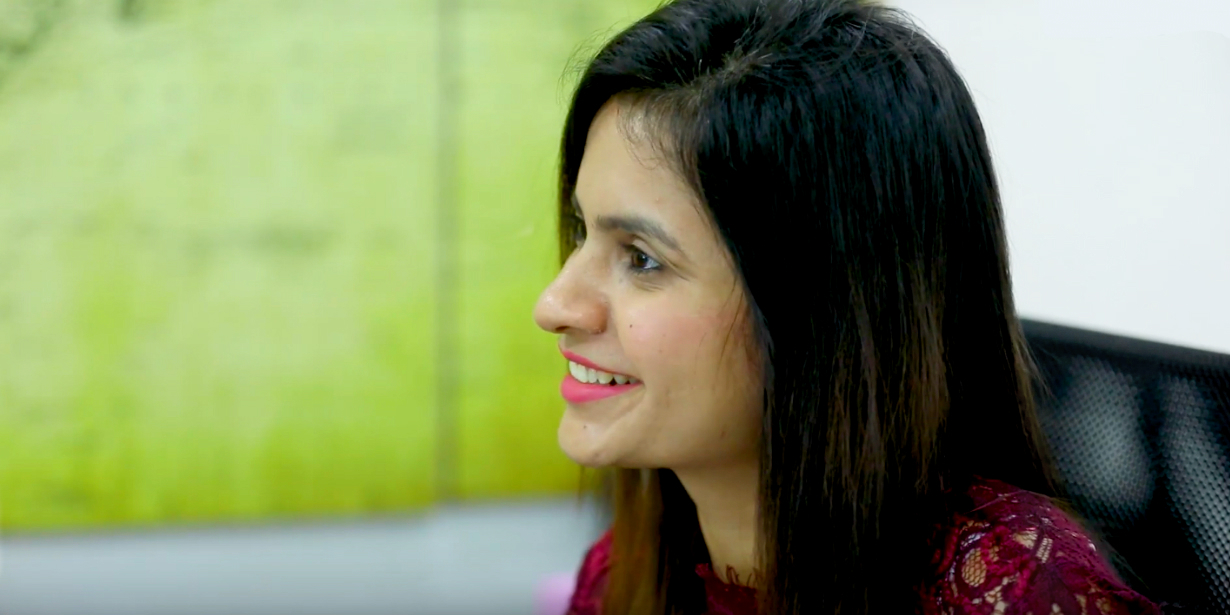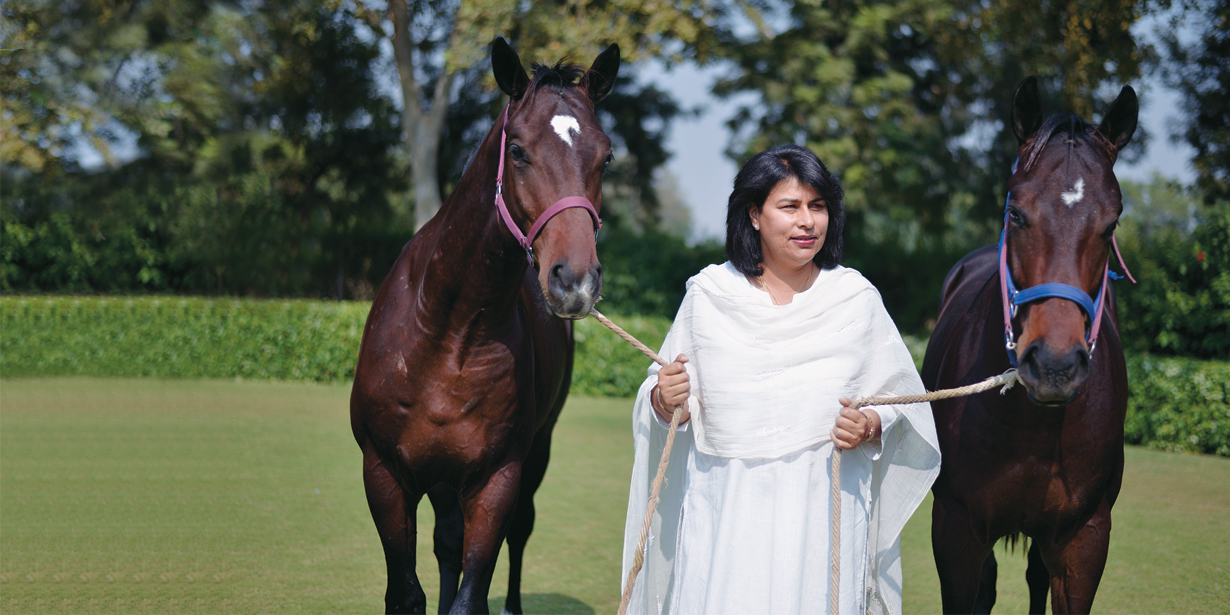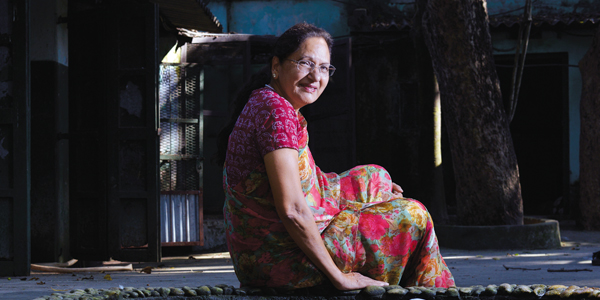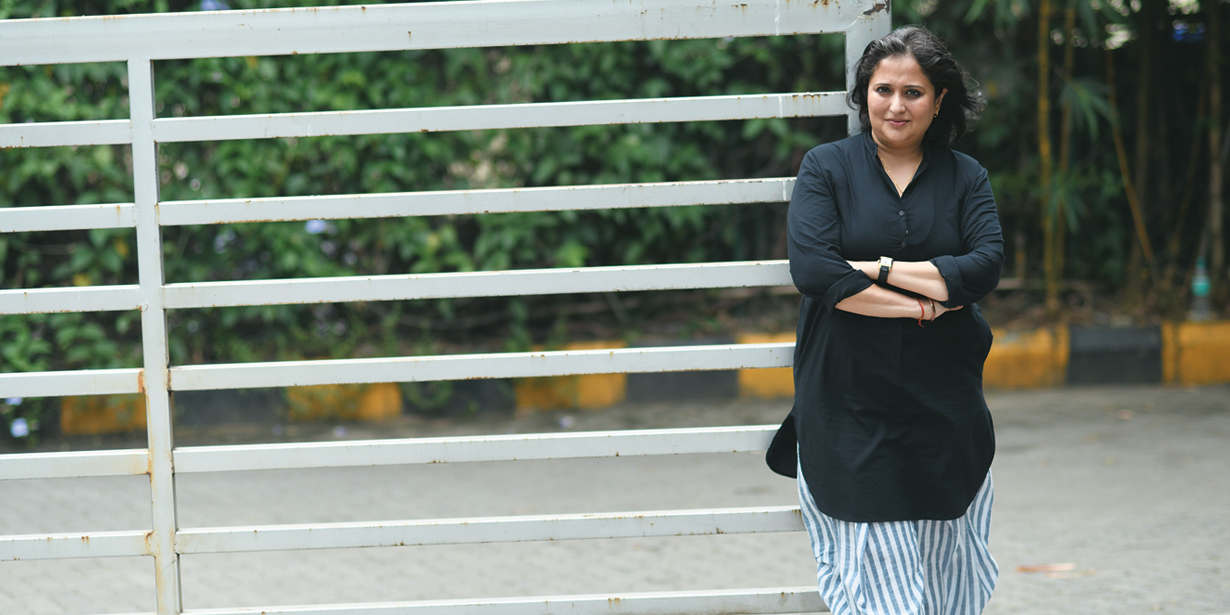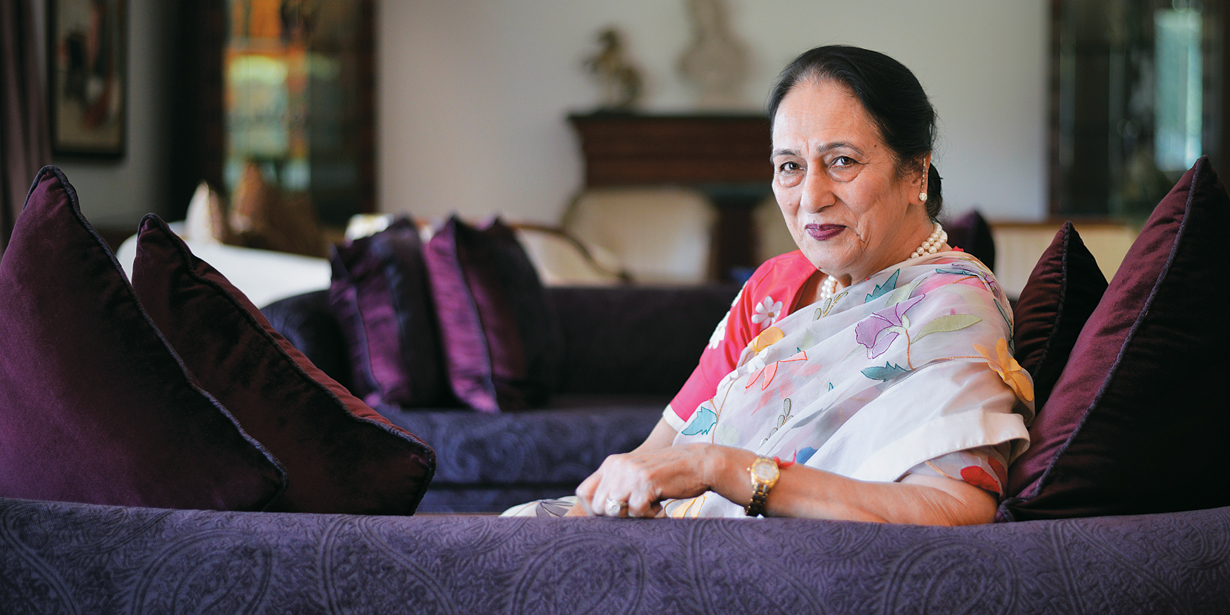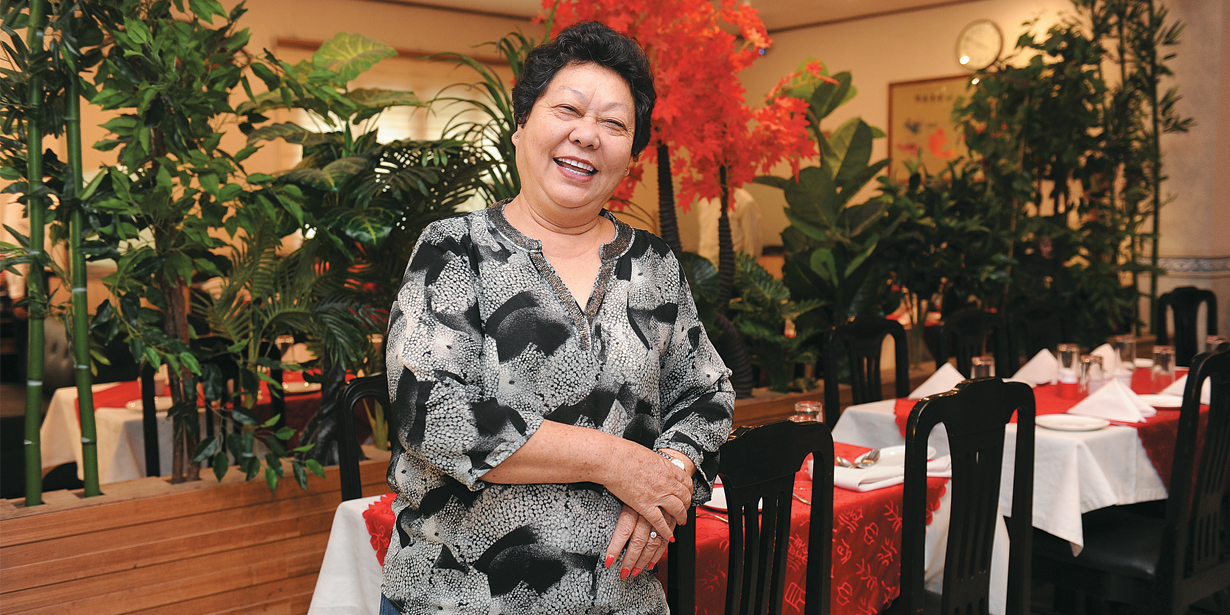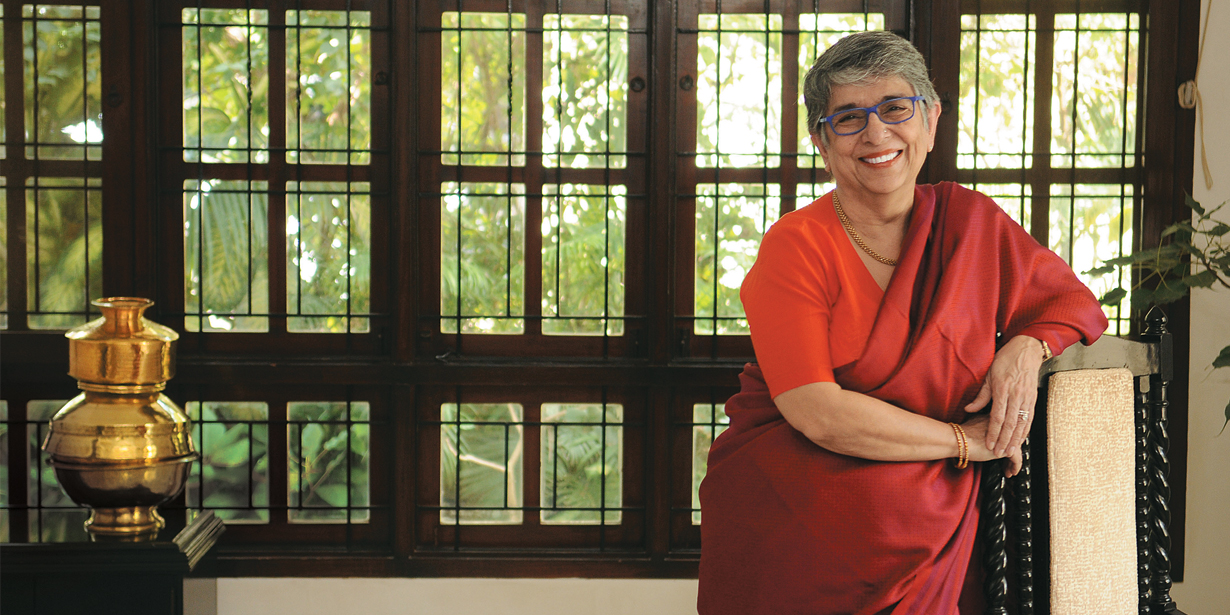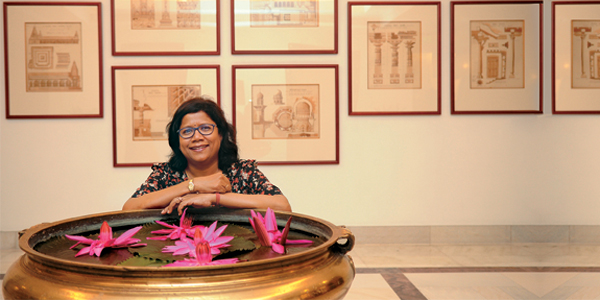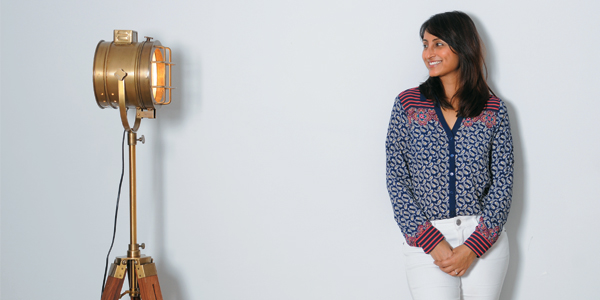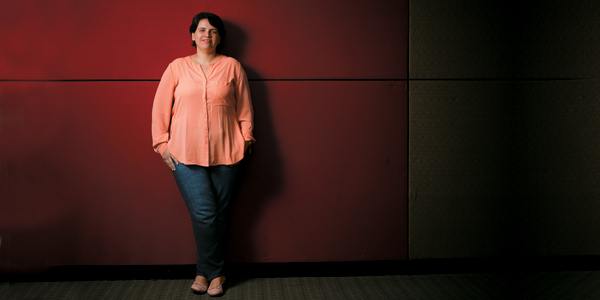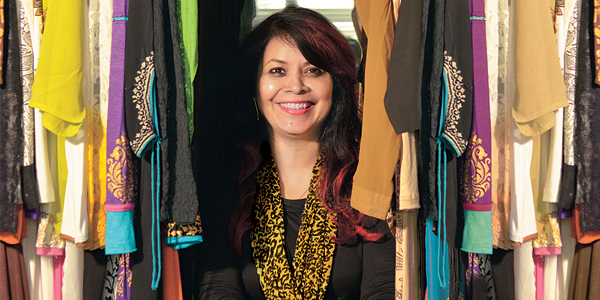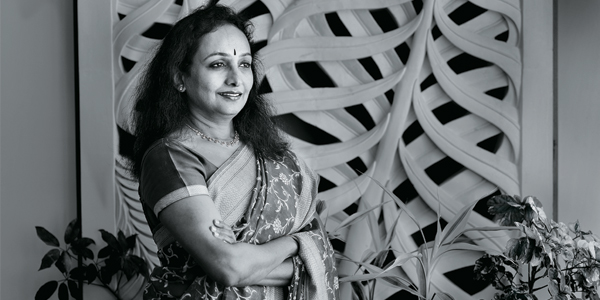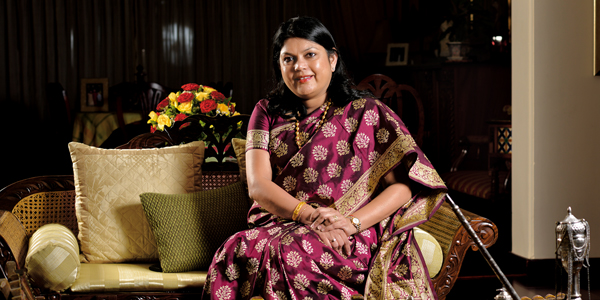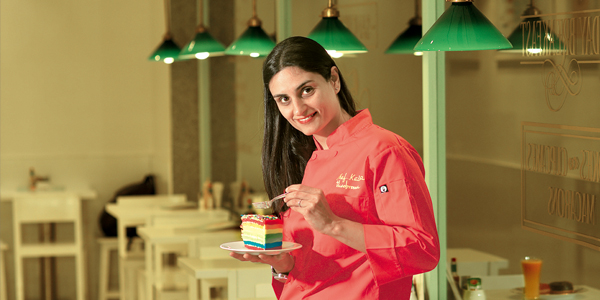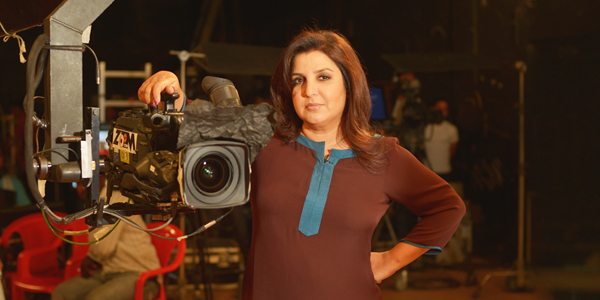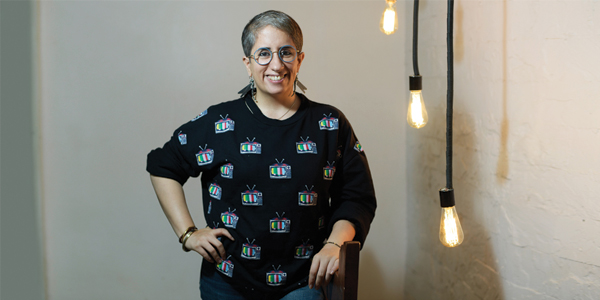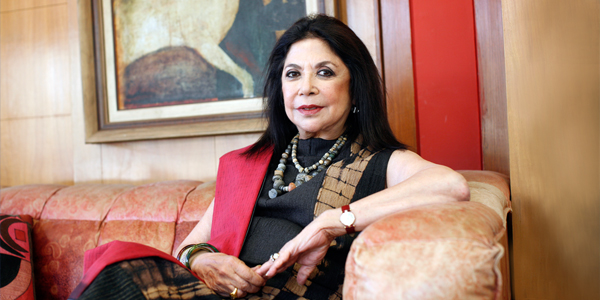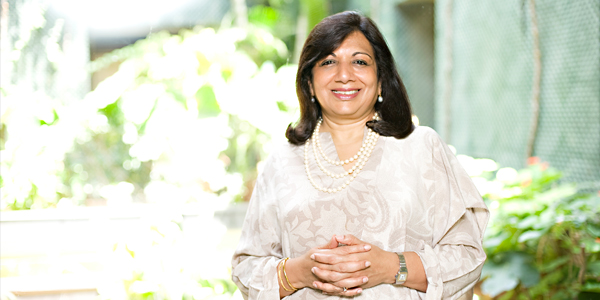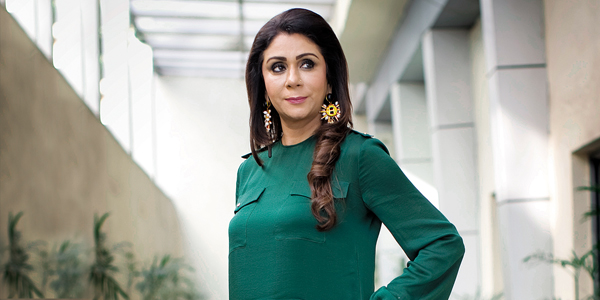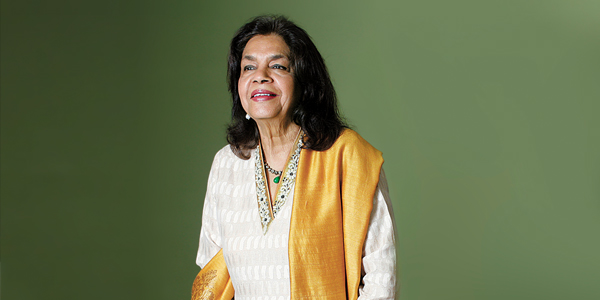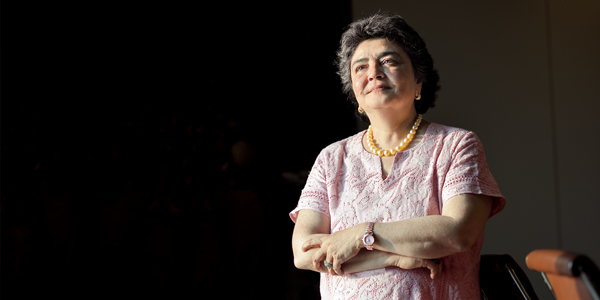How Dipali Goenka transformed Welspun into a global textile giant
With a focus on customer centricity and innovation, Dipali Goenka has transformed home-grown textiles major, Welspun, into a force to reckon with globally
When Dipali Goenka first stepped into the Welspun office in 2002, her entry in the business was met with strong scepticism. The business, started by her husband in 1985 as Welspun Winilon Mills in Palghar district with a small texturising unit, was on its way to become one of the leading textiles manufacturers globally. And Goenka, who had majored in psychology, was seen as a novice in the textile industry. “There were times when people would say, ‘is Welspun really serious aboutgetting into textiles because here is someone who is heading it without knowing too much about it’. ‘Is she here because she is a part of the management?’” recalls Goenka, 50, as she sits down for a chat at her office, Welspun House, in Mumbai.
 Being viewed as just the boss’ wife and her passion being mistaken for a hobby, naturally, upset her. Reflecting back on those times, she admits, “Such comments did hurt a little at that time. But my resolve to work hard and to see that I can deliver was very strong.”
Being viewed as just the boss’ wife and her passion being mistaken for a hobby, naturally, upset her. Reflecting back on those times, she admits, “Such comments did hurt a little at that time. But my resolve to work hard and to see that I can deliver was very strong.”
Over the past 17 years, Goenka has proved naysayers wrong. The teamwork between Goenka and her husband, the chairman of Welspun Group, has helped Welspun India transform into a global leader in the textile manufacturing industry. Under her leadership, Welspun has diversified its portfolio of brands with Spaces and Christy. Her ability to keep the customer as the focal point has allowed Welspun to address customer needs with top-end products across bed, bath and rugs. The products are currently sold across 50 countries in stores including Walmart, JCPenney. and Macy’s. It is also the numero uno home textile exporter to US, with every fifth towel sold in US being manufactured by Welspun. What’s more, Welspun is also the official supplier of towels to the Wimbledon and Australian Open tennis championships.
The numbers have been promising too. Welspun India’s consolidated sales have jumped multi-fold from Rs.3.04 billion in FY03 to Rs.60.51 billion in FY18. And the company seems to be overcoming the slowdown it faced in the previous year with the sales recovering by 9.35% to Rs.49.69 billion in first nine months of FY19. By 2022, Goenka is confident of achieving revenues of $2 billion.
Along with growing business, she has also been focused on gender parity in hiring. “The biggest change is that the percentage of women has gone up from 7% to 23% in our workforce. IQ is not the only thing that will take an organisation forward. It is also the EQ. And that’s the balance women bring,” says Goenka.
Finding her Calling
Born in Jaipur, Goenka studied at Maharani Gayatri Devi Girls’ School. Family circumstances required her to get married by the age of 18 and relocate to Mumbai in the late 1980s, but she managed to continue studying and completed her graduation with specialisation in psychology. Meanwhile, her daughters — Radhika and Vanshika — became the centre of her universe and Goenka happily slipped into the role of a homemaker.
However, she confesses, she has never been a fan of “coffee and leisurely afternoons”. She had seen her mother take charge of running the house along with taking care of her ailing father. “I have always had my mother as my inspiration. She was a working mother. I have never seen her wasting time, and I was determined to be more constructive with my time as well,” says Goenka. After about a decade of being a homemaker, she stepped into the family business.

The decision was simple, but the journey wasn’t. While her husband was supportive, he ensured that Goenka learnt the ropes of the business by herself. “I wasn’t handed a cosy office and ready-made business vertical. I came in as a professional, so I started from the bottom,” she says. From learning basic things about purchase and manufacturing to conversing with distributors and retailers, Goenka did it all. She also pursued a three-year Owner/President Management programme from Harvard Business School in 2005.
“I had a very strict routine. I would take a train early in the morning to the factory and be back home by five in the evening, when my girls would be home,” recalls Goenka, adding that she spent most of her time on the shop floor learning about the business — purchasing cotton, manufacturing processes, speed of machines, among others.
Coming from a non-finance background meant that she had to put in extra effort to understand and decode the balance sheet. “I believe that if you focus on overcoming your weakness, then you will. I look at it as opportunity to learn,” she says.
Creating Impact
Soon enough, Goenka found her footing in the organisation and began introducing key changes. The first was the launch of the home furnishing brand Spaces, in 2003. While the critics argued that the pricing was expensive — towels and bedsheets priced at Rs.299 and Rs.799 respectively — her bet was proved right when the brand soon captured a significant market share.
“I would go not only to the factory, to see what needs to be done about towels and sheets, but also be at stores and observe the consumer’s behaviour,” she says.
Welspun has adopted innovation to launch a variety of products, including the hygro bedsheet (which controls the temperature), flexi fit bedsheet (fabric which fits to size of the bed) and swift dry towel (which dries up to 30% faster). They have also introduced duvets under the brand SpinTales, which uses patented augmented reality storytelling technology for kids.
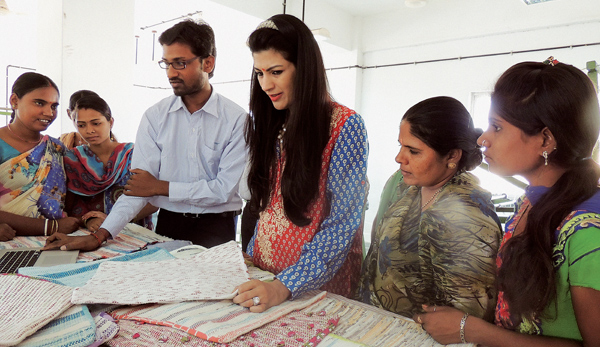
Similarly, Goenka cites the example of a patented process developed by Welspun called Wel-Trak. Essentially, this system enables the company to trace cotton from the source, that is, from the farms to the gin, and from spinning and weaving to point of sale. She has also taken initiatives to recycle water at their Anjar and Vapi plants in Gujarat and ensure that this water is provided to farmers for irrigation. “It is not just about product, but also about communities and sustainability,” she points out.
Standing Tall
While Welspun’s growth journey has been fairly consistent, there have also been a few hurdles which Goenka, along with her team, handled tactfully. Perhaps one of the biggest among them was in 2016. Target Corp, the second-largest value retailer in the US after Walmart, sent a letter to its customers informing that bed sheets sold to them (supplied by Welspun India), were supposed to be made of Egyptian-origin cotton, but it may not have been made with that premium variety of the natural staple fibre. A recall was ordered, refunds were offered to buyers and the retailer snapped business ties with Welspun. Revenue from Target had made up about 10% of Welspun’s revenue but the ramifications were also felt in the market value of Welspun. The market capitalisation took a drastic plunge from 103.34 billion on August 19 to Rs.46.97 billion on August 30 — the market value of the firm dropped by around 54%.
Even in such adverse times, the team at Welspun was quietly confident of rebuilding their trust and business. In addition to holding a conference call with analysts and roping in media consultants, Goenka decided to take on the responsibility of meeting Welspun’s clients across the world to win back their trust. She travelled continuously for seven days across the US, meeting every client. The efforts paid off when, contrary to speculation, other retailers did not severe ties with Welspun.
Currently, about 94% of their production is exported, with just 6% being sold in the domestic market. That is a ratio Goenka is looking to change with several key initiatives targeted at the domestic market. “India is evolving and the median age is 35. So there is a great opportunity for us,” she says.
On her priority is expanding the brand geographically. “Spaces operates in the premium luxury segment. But let’s not forget that the real India lives in tier I and tier II towns and cities. That is where the growth is going to be,” she says. To tap into this opportunity, Welspun has launched an eponymous brand in the towels and sheets segment. At the same time, they are also eyeing expansion in markets such as Japan, China, New Zealand and South Africa. “We also do flooring and have set up a plant in Telangana,” she says, adding that the company has invested Rs.11 billion in the flooring business.
Meanwhile, life has come a full circle for Goenka as her daughters, too, have taken the first steps in their careers. While Radhika runs a lingerie business, Vanshika works as the brand manager for Spaces. So what advice does the homemaker turned changemaker give them? “It is simple. I truly believe and tell my daughters also that whatever you do, do it with your heart, commitment and passion or don’t pick up anything,” she says. And if anything goes wrong, don’t worry. “Apna time ayega,” she says with a wink.









